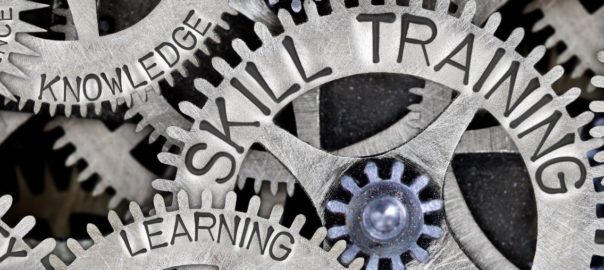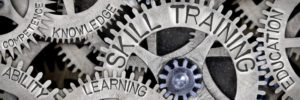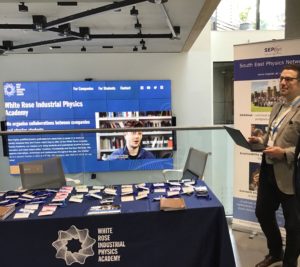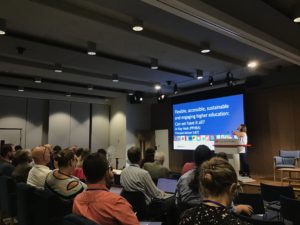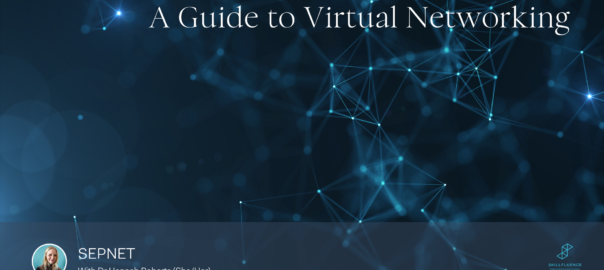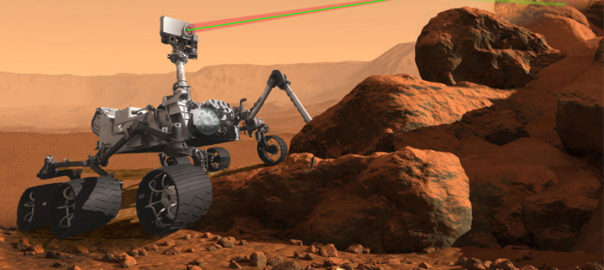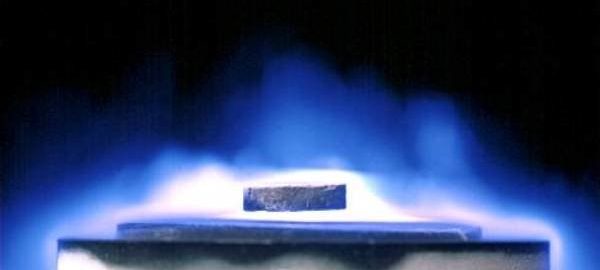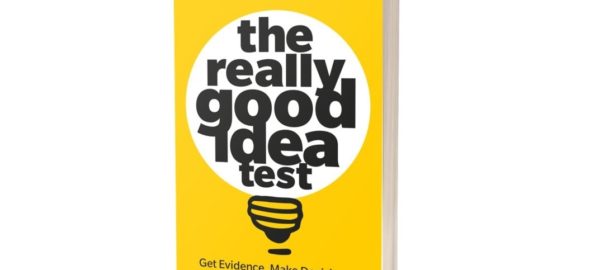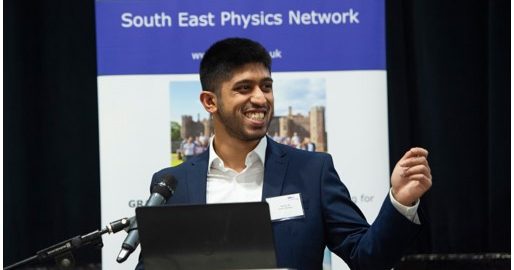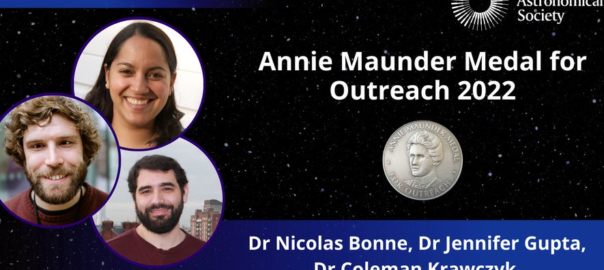The GRADnet Summer School took place on 4-5 July 2022 at the National Physical Laboratory for the first time since 2019 due to the Covid-19 pandemic. It was great to be networking and socialising once again with researchers and employers.
Thank you to all our contributors for providing an amazing programme over the 2-day event:
NPL Welcome: Richard Brown, Head of Metrology, National Physical Laboratory and Prof Jacob Dunningham, SEPnet Executive Director.
Networking Skills and Translating your Research/PhD skills to Industry sessions: Zach Sorrells, Chief Technology Officer, Skillfluence Ltd.
Foresighting Workshop: Dr James Claverly, NPL Head of Gov Relations and Dr Michael Chrubasik, Higher Research Scientist, National Physical Laboratory, Informatics Group.
Careers Panellists: Dr Adam Bozson, (Ex RHUL), Head of Data Science, Dyad; Dr Aoife Ivory, Senior Research Scientist, National Physical Laboratory, Ultrasound and Acoustics Group; Jenika Karsan, Capco, Global Marketing Campaigns Project Manager; Dr Hibaaq Mohamud, (Ex Surrey), Higher Research Scientist, National Physical Laboratory, Nuclear Metrology Group; Dr Leon Schoonderwoerd, (Ex Kent), Deloitte, Assistant Manager.
Water Rockets and Laboratory Tours: Andrew Hansen MBE, Outreach Manager and NPL PGI Students.
Employer-led Workshops:
Airbus: Dr Jamie Wickham-Eade, (Ex Portsmouth), Study Manager and Systems Engineer; Ciaran Jenkins, Graduate Spacecraft Systems Engineer in the Earth Observation and Science Department and Michael Skreta, Systems Engineer in the Future Programmes.
NPL Metrology: Dr Emma Bendall, Research Scientist; Mariana Bento, Postgraduate Institute; Anu Bhaisare, Assistant Research Scientist; Nuclear Metrology Group; David Fairweather, Postgraduate Institute; Svetlana Kolmogorova, Nuclear Metrology Group and Dr Ben Russell, Principal Research Scientist and Science Area Leader for the Nuclear Metrology Group:
Intellectual Property Rights: Dr Julian Potter, Partner and Matt England,Trainee Patent Attorney, WP Thompson.
Delegates really enjoyed this year’s event:
- “Thanks for organising a really enjoyable and productive couple of days”
- “Great opportunity to improve ‘soft’ skills”
- “NPL was the ideal location for the event, both because of its historical contributions to our field, but also NPL’s willingness to show us around their labs and describe their research.”
- “My favourite aspect of the summer school were the people! Discussed not only our research, but also views on life and our past stories; the right ingredients for some new long-term friends! Again, thank you for doing this so we could crawl outside our labs and learn so much about new skills and new people.
Hope to see more postgraduate and postdoctoral researchers at next year’s summer school in 2023!
Water rocket launch pad and rocket construction!

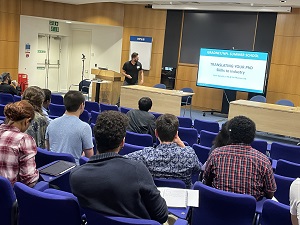
Skillfluence session: Translating your PhD research skills to industry



